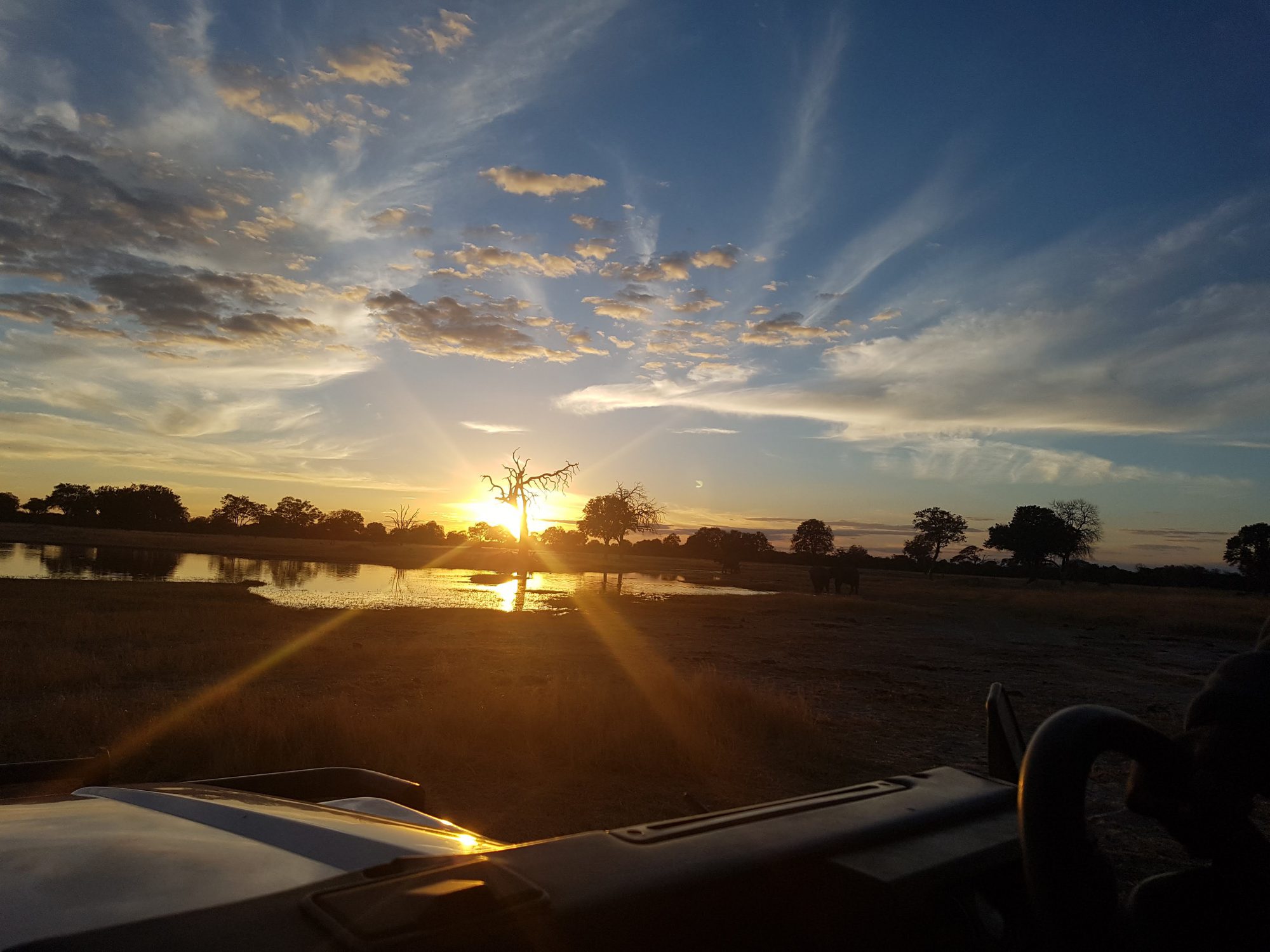Description
” The Home of the Lion King”
Mukuni Village is the best place to truly experience the warmth and love of the Zambian Nation. The village is filled with so much vibrant energy that is so contagious from the laughter of the children, to the energy of the dancers in, the women going about their daily chores.
Mukuni Village is home to the Toka Leya tribe ,and their culture and history is filled with a wealth of knowledge that it shows you a different perspective of the Zambian monarchy. It is said that the Lion King originated from Tanzania and came to settle in the valley where they have flourished and live peacefully.
The village is the permanent traditional headquarters of the Mukuni Leya people, with an approximate population of 8,000. [The Leya people under Chief Sekute live to the west of Livingstone towards Kazungula.]
The Mukuni chief chooses one of his female relatives to be the ‘Bedyango’ or High Priestess of the tribe – usually a sister or aunt. The Chief, along with his counsellors, arbitrates cases involving local politics and other problems. The Bedyango is responsible for religious affairs, performs rituals to avert disaster during wars, drought or epidemic and officiates births and deaths, as well as having a final say on the choice of a new chief.
There are several ceremonies which are performed at the village at certain times of the year and in cases of disease or drought.
Such as the December Lwiindi Basilombelombe or Spray Ceremony is performed every year to summon and bless the coming rains.
The ceremony also forms an initiation for young men into adulthood. Young men around the age of seventeen are expected to prove their worthiness to take a wife by taking part. On the day of the ceremony old hymns are sung to the Toka-Leya ancestors and the participants travel from Mukuni Village towards the Victoria Falls and down into the Batoka Gorge below. Descending into the gorge at the Boiling Pot or ‘Chiposyo’ the young men smear themselves with white clay from the river bed and use new green leaves to complete their ritual costume. They then collect water from a sacred place, which is carefully carried back out of the gorge and to a water shrine on way back to Mukuni Village. Here they imitate rain falling by pouring water over the roof of a sacred hut. The young men are known as Basilombelombe and also take on another challenge to collect water from a place called ‘Chisamu Chilikumbede,’ located on the very lip of the Falls.
One of the most significant spiritual shrines for the Mukuni Leya is ‘Katola Buseka,’ and is represented by the spray of the Falls within the Boiling Pot and representing the ancestor spirits. In the past only offerings of highly valued possessions were conducted here to appease the ancestral spirits and to ask for blessings.
Another Lwiindi or ceremony is held on the first weekend of July to celebrate the end of the harvest season through feast and cultural dance.
One of the central sites involved with these ceremonies is the ‘Kwasamukale,’ where the first Chief Mukuni negotiated his entry into the modern Mukuni Village and is celebrated as part of the monarch’s memorial day and stairs representing a reigning monarch, including the current one. The stairs remind the present ruler about the reigning monarchs before him. The ceremony commemorates first Chief Mukuni’s epic journey from Kola through central Zambia and northern Zimbabwe to the Falls. During the day-long celebrations, the history of the Bene Mukuni Royal Dynasty is re-enacted in song and dance.
Another site of deep spiritual significance is Siloka Island the largest island along the line of the falls and is a revered site for prayers and other rituals.
It is said that the first Mukuni Chief brought with him a stone – Kechejo – from Kabwe, and known as the ‘living stone’. This stone is passed from chief to chief and kept at the site of the Mukuni village. The story of Kechejo is that it will disappear under the ground in times of severe drought; it will also raise itself higher out of the ground in times of good harvest.
Be sure to visit the village inorder to experience the cultural eploration and history and be told of the stories and adventures of the Mukuni village.









